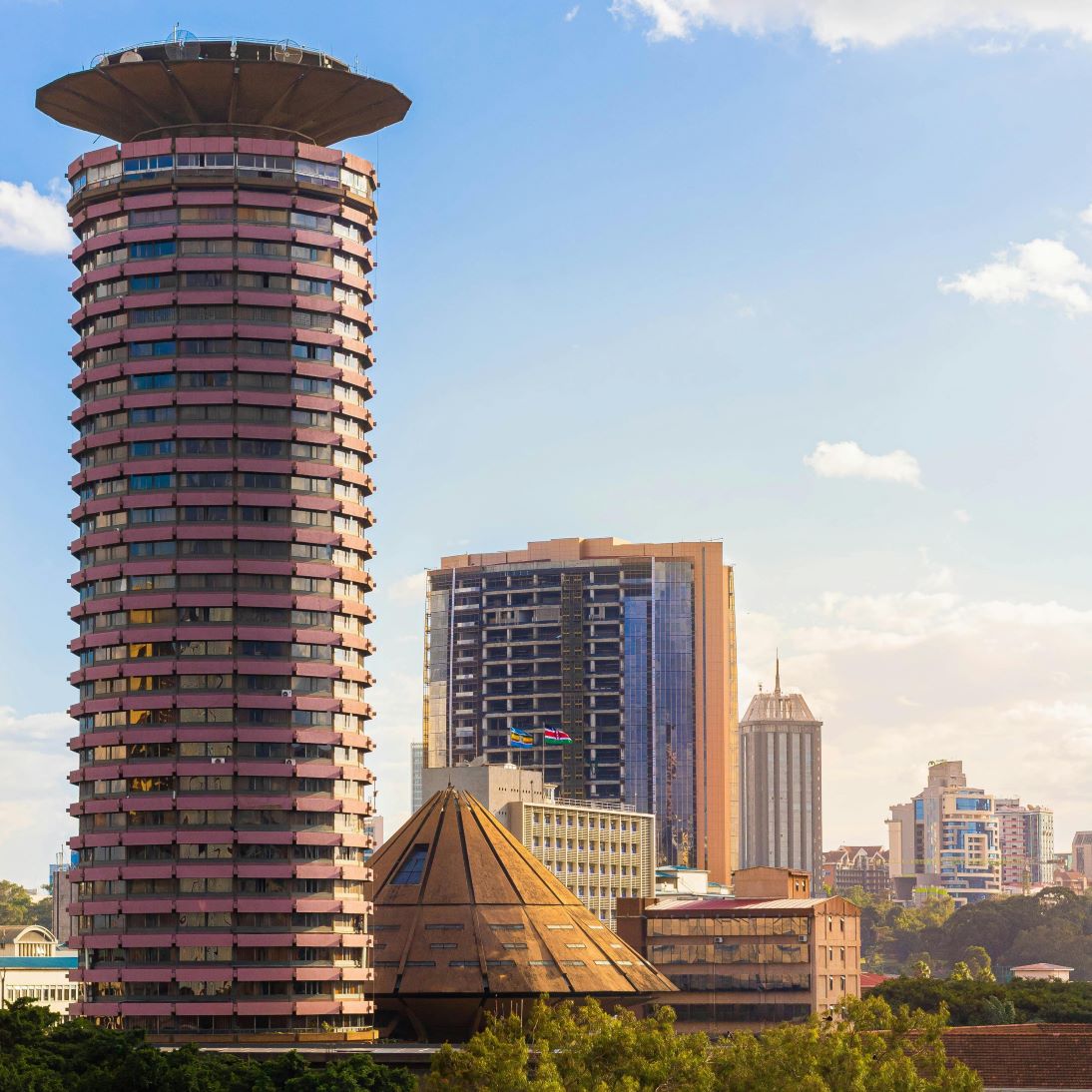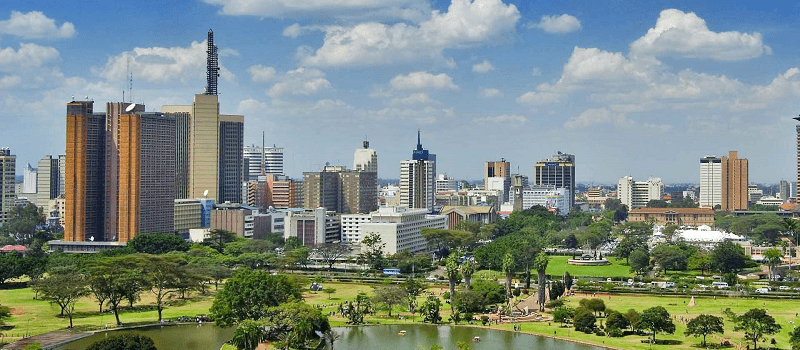The CBN recently issued the Guidelines on Implementation of the Foreign Currency Disclosure, Deposit, Repatriation, and Investment Scheme, 2024 (the CBN Disclosure Guidelines). Prior to this, the Federal Government of Nigeria (FGN) had, on 19 October 2023, launched the Foreign Currency Voluntary Disclosure, Deposit, Repatriation, and Investment Scheme (the DDRI Scheme) pursuant to Executive Order No. 15 of 2023 (EO 15)[1]. Further to this, the Honourable Minister of Finance and Coordinating Minister of the Economy, on 8 April 2024, issued the Foreign Currency Voluntary Disclosure, Deposit, Repatriation, and Investment Scheme Guidelines, 2024 (the Scheme Guidelines), to operationalise EO 15.
Insight type: Legal Alert
Highlights of Notice of Tax Incentives on Deep Offshore Oil and Gas Production, 2024
In February 2024, the President of the Federal Republic of Nigeria, President Bola Ahmed Tinubu issued the Oil and Gas Companies (Tax Incentives, Exemption, Remission, Etc) Order, 2024 (the Order) pursuant to powers conferred on him by sections 23 (2) and 89 of the Companies Income Tax Act 2004 (as amended) which empowers the President of the Federal Republic of Nigeria to exempt from tax, all or any profits of any company or class of companies from any source, on any grounds which appear sufficient and to remit any tax payable by any company.
Analysis of the Tax Changes Proposed by the Tax Laws (Amendment) Bill, 2024 and the Tax Procedures (Amendment) (No.2) Bill, 2024
The National Treasury has published the Tax Laws (Amendment) Bill, 2024 (the TLA Bill) and the Tax Procedures (Amendment)(No.2) (Bill), 2024 (the TPA Bill) which were gazetted on 1 November 2024. These Bills are an effort to reintroduce some proposals contained in the Finance Bill, 2024 (the Finance Bill) which was withdrawn following countrywide demonstrations against the imposition of additional tax measures.
Cybersecurity in Gaming Industry: Compliance with NLRC Risk-Based Cybersecurity Framework 2024
Digital technologies remain susceptible to cybersecurity risk, the gaming industry, with its huge adoption of technology, is exposed to various vulnerabilities. Nigeria and other parts of the world have documented experiences of cyberattacks.
Enhanced Employer Duty to Prevent Sexual Harassment in the Workplace
In recent years, workplace harassment—particularly sexual harassment—has increasingly come under scrutiny worldwide, driving significant changes in legal frameworks. These shifts reflect a growing recognition of the importance of creating safe and respectful work environments. Employers are now expected not only to respond to harassment complaints but also to proactively prevent harassment before it occurs.
In this Legal Alert, we explore recent developments in the UK on enhanced employer duty to prevent sexual harassment in the workplace and what implications this has for employers in Kenya.
High Court of Kenya Shakes Up Financial Sector: Income Tax (Financial Derivatives) Regulations, 2023 Overturned
In a landmark decision, the High Court (Honourable Mr. Justice Chigiti, SC) declared the Income Tax (Financial Derivatives) Regulations, 2023 (the Regulations) unconstitutional. The Regulations, published by the Cabinet Secretary for National Treasury and Economic Planning on 27 January 2023 under Legal Notice No. 4 of 2023, sought to implement a withholding tax regime on financial derivative transactions involving non-residents.
Court of Appeal Greenlights Operationalisation of SHIF
The Court of Appeal recently issued its ruling on an application by the Cabinet Secretary for Health (the CS) seeking a stay of the High Court’s decision of 19 July 2024. The High Court declared some provisions of the Social Health Insurance Act (SHIA), the Digital Health Act (DHA), and the Primary Health Care Act (PHCA) unconstitutional but suspended the effect of its judgment for 120 days to allow for amendments to the unconstitutional provisions and public participation. However, the Court of Appeal has now granted a stay of the entire High Court judgment.
Strengthening Resilience: Catastrophe Bonds and Emerging Risks
In recent years, Nigeria has been increasingly exposed to various natural disasters, including flooding, droughts, and disease outbreaks, which have taken a toll on its economy and population. According to the United States Government’s Nigeria Complex Emergency Fact Sheet,[1] seasonal heavy rains and subsequent flooding had adversely affected more than 157,000 people and displaced an estimated 68,000 people across Nigeria as of October 2023, exacerbating already high levels of humanitarian need and requiring urgent food and shelter assistance.
Supreme Court Rules on Employee Rights in Corporate Restructuring
In the recent landmark decision of Symon Wairobi Gatuma v. Kenya Breweries Limited & 3 Others, SC Petition No. E023 of 2023, the Supreme Court of Kenya (SCOK) addressed the complexities surrounding the impact of changes in employment terms, particularly remuneration, on employee rights within the context of parent and subsidiary companies.
NUPRC Proposes Amendments to 2023 Production Curtailment and Domestic Crude Regulations
The Nigerian Upstream Petroleum Regulatory Commission (the Commission) released the Production Curtailment and Domestic Crude Oil Supply Obligations (the Regulations) in 2023 pursuant to section 8 (c) and section 109 of the Petroleum Industry Act 2021 (the Act). The Regulations aim to ensure that licensees and lessees meet production quotas set by the Commission and also ensure they supply the crude oil needs of domestic refineries on a willing buyer, willing seller basis.









